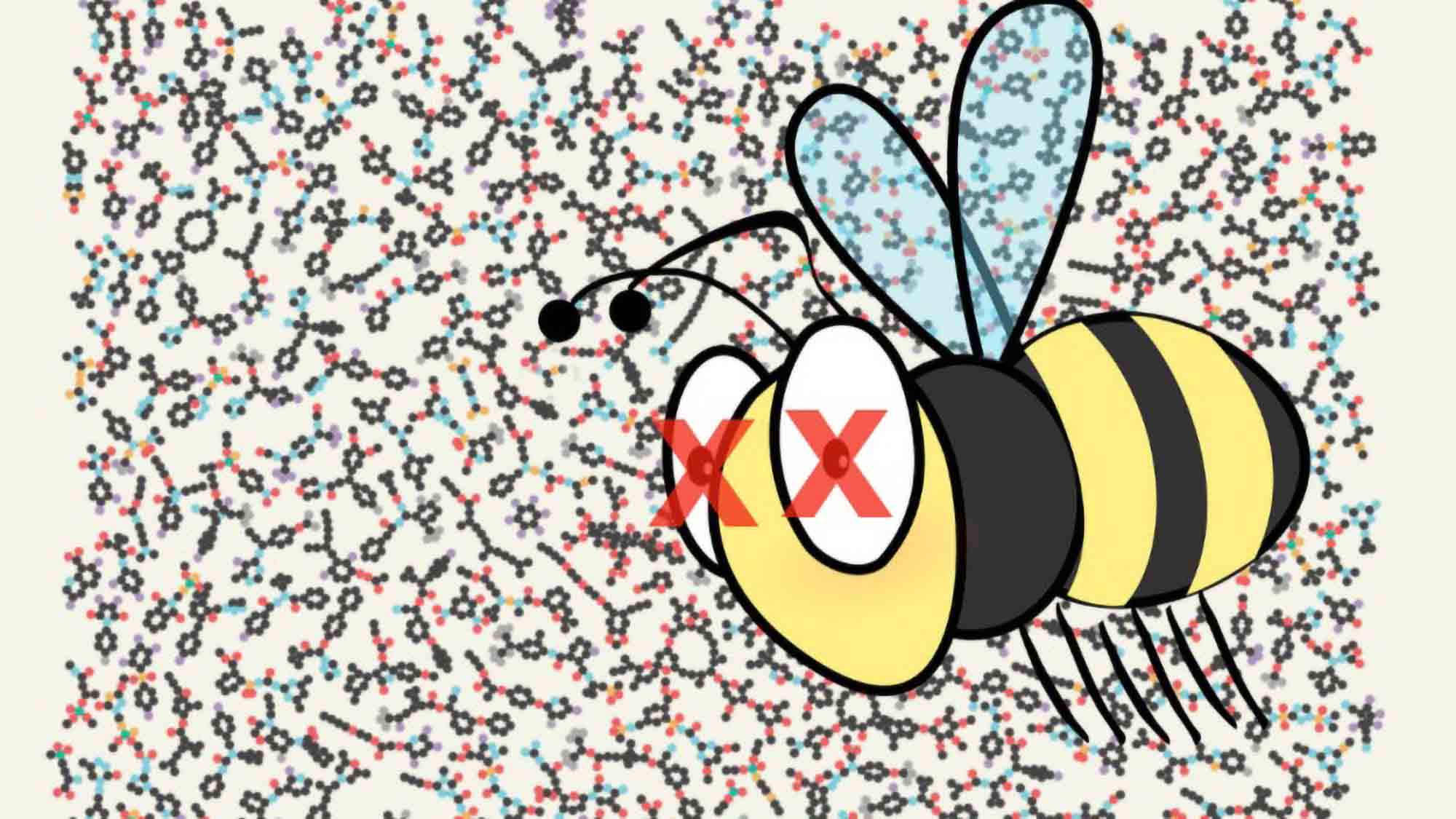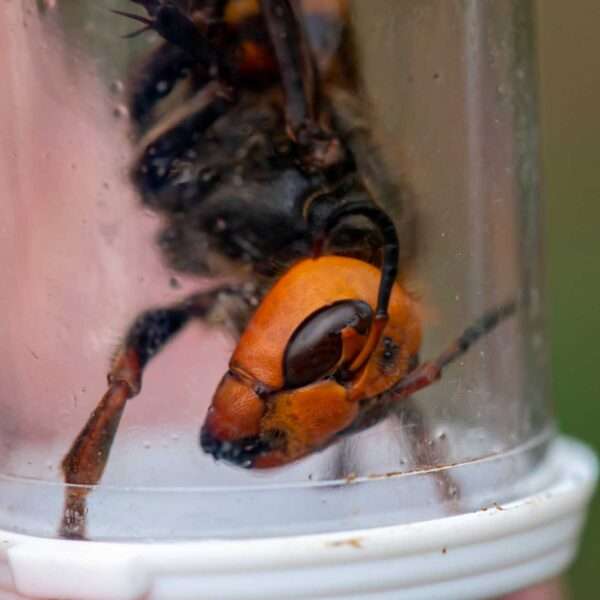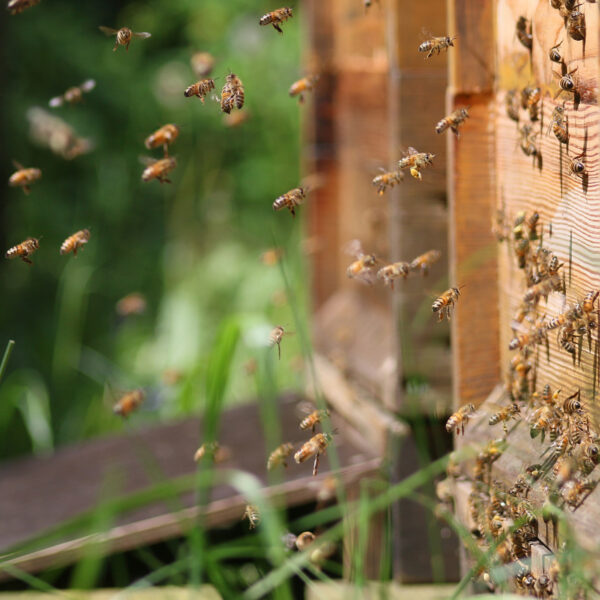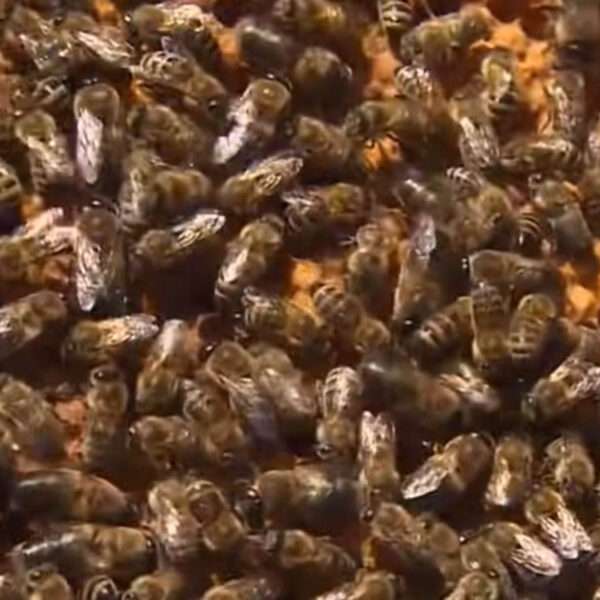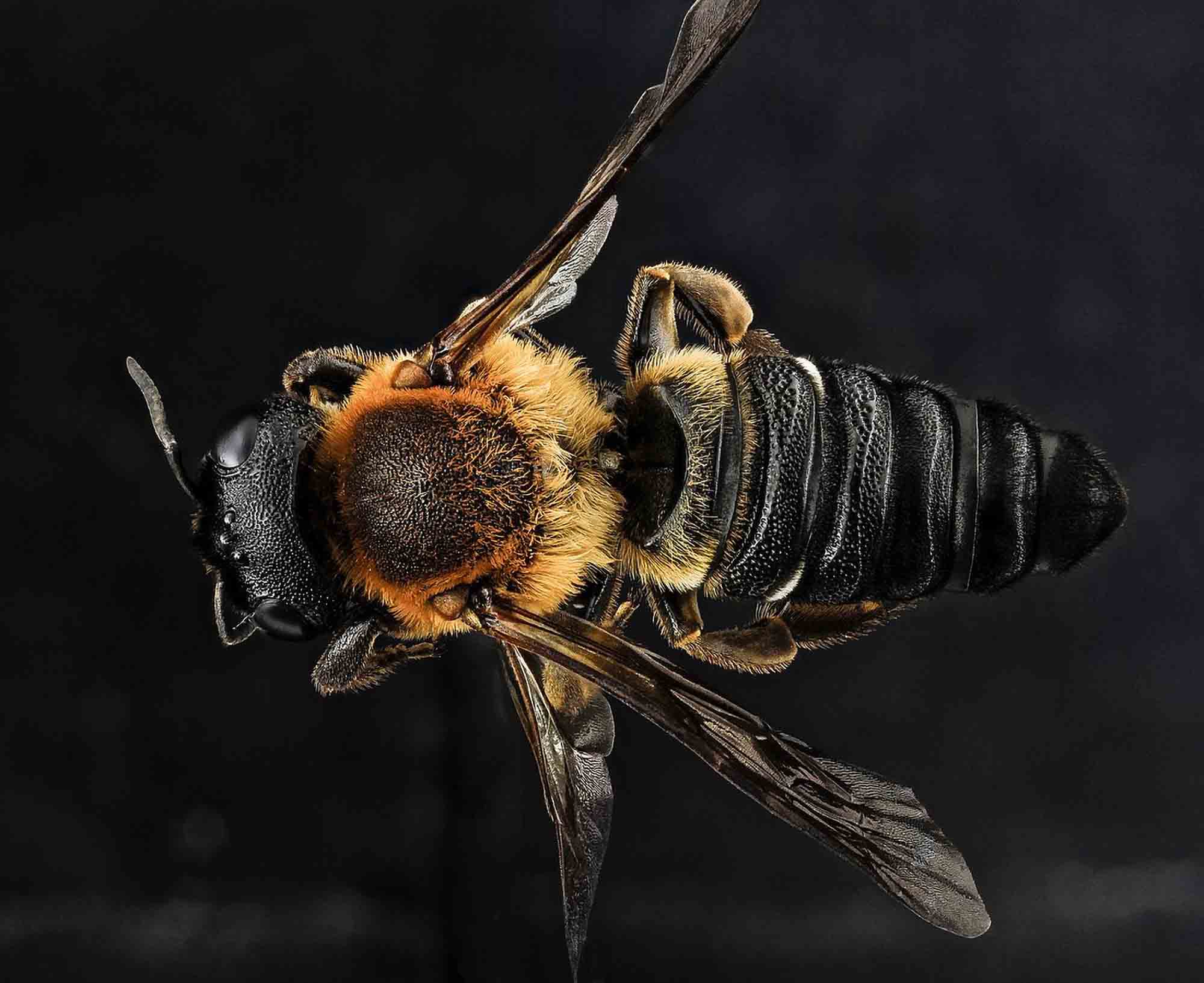Artificial intelligence engineers in the United States have developed a computer model that can tell in advance whether a pesticide will harm pollinators.
The four-member team of researchers at the Oregon State University College of Engineering in Corvallis, Oregon, used honeybee toxicity data from pesticide exposure experiments to train an algorithm to predict if new substances would have a harmful effect on the insects.
Prof Cory Simon and Dr Xiaoli Fern led the project in which a machine was taught to evaluate if any new herbicide, fungicide or insecticide would be toxic to honeybees based on the substance’s molecular structure.
Almost 400 different pesticide molecules were considered in the study which has been published by the Journal of Chemical Physics.
Prof Simon said: “Pesticides are widely used in agriculture. They increase crop yield and provide food security, but pesticides can harm off-target species like bees. And since insects and weeds eventually evolve resistance, new pesticides must continually be developed, ones that don’t harm bees.”
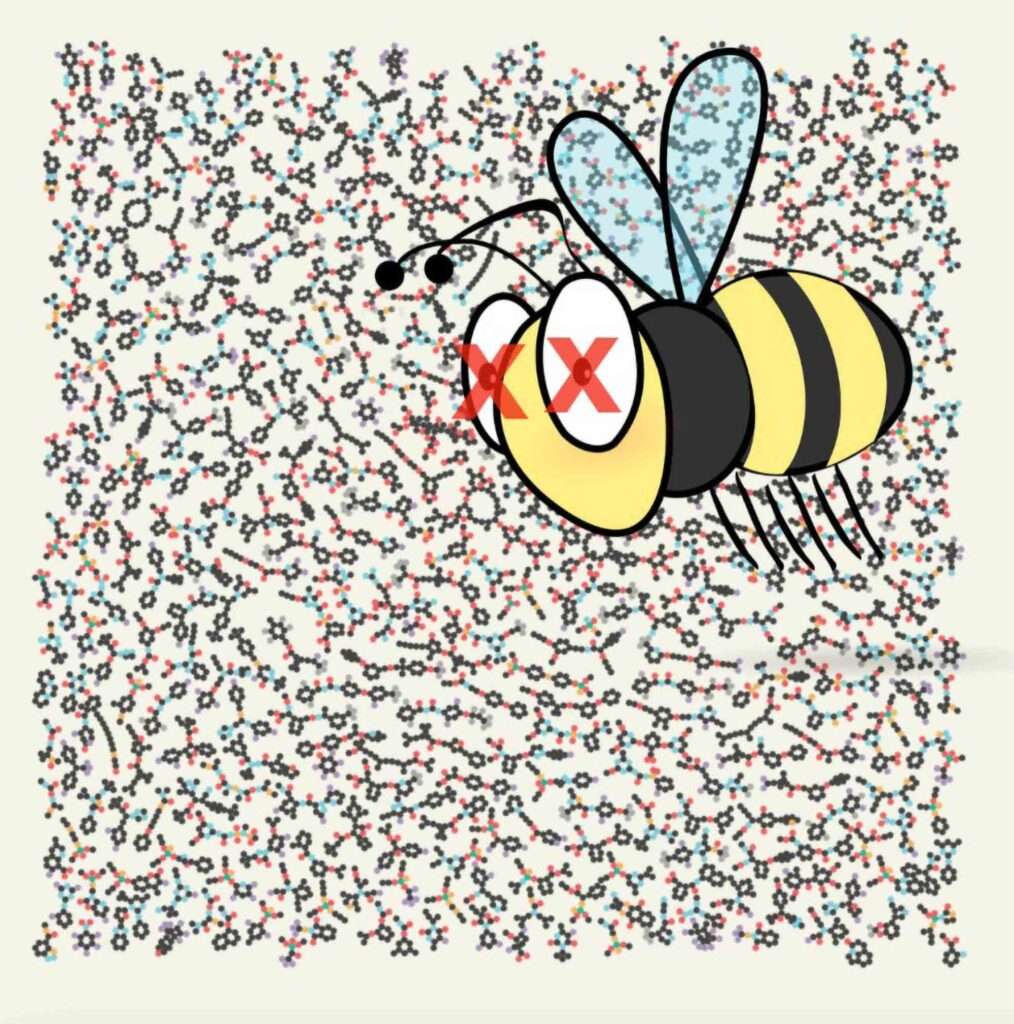
Graduate Research Assistant Ping Yang is one of the co-authors of the study entitled “Classifying the toxicity of pesticides to honey bees via support vector machines with random walk graph kernels.”
He said: “The algorithm declares two molecules similar if they share many walks with the same sequence of atoms and bonds. Our model serves as a surrogate for a bee toxicity experiment and can be used to quickly screen proposed pesticide molecules for their toxicity.”
Numerous previous studies have confirmed the harmful impact various chemical substances applied by agricultural enterprises have on insects.
Honeybees and the wide range of undomesticated pollinators such as solitary bees are of vital importance for agricultural farming and balanced ecosystems.

